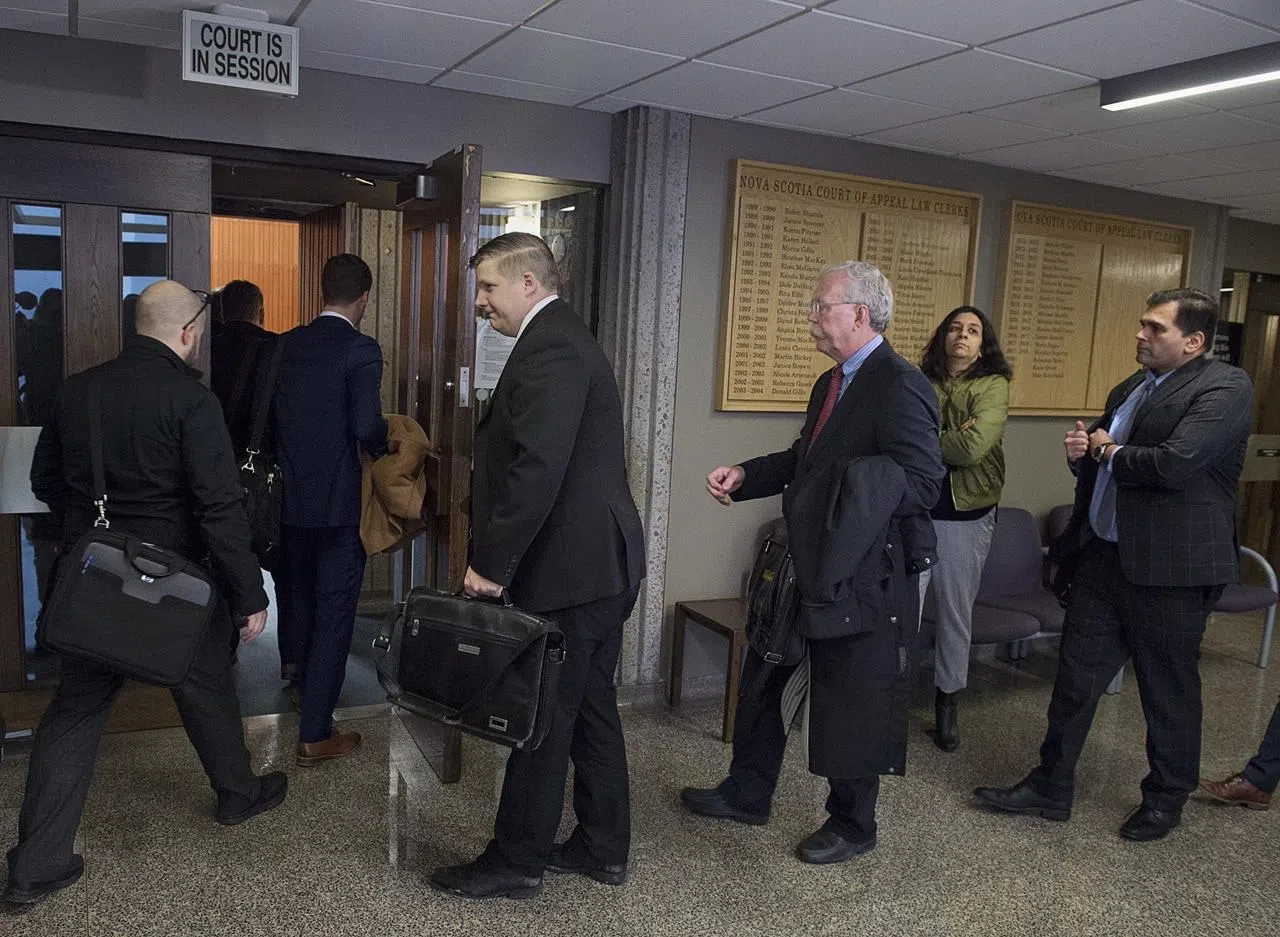
Creditor protection extended for cryptocurrency exchange QuadrigaCX
HALIFAX — Embattled cryptocurrency exchange QuadrigaCX has received another reprieve from its creditors, as the search for nearly $200 million in missing virtual currency continues following the sudden death of the company’s co-founder.
Nova Scotia Supreme Court Justice Michael Wood on Tuesday granted the insolvent company a 45-day extension for a stay of proceedings.
“I’m satisfied that it’s appropriate to extend the stay,” he told the court. “There’s value in continuing it and the company — the applicants — are continuing to work in good faith.”
One of Canada’s largest cryptocurrency trading platforms, QuadrigaCX and its affiliates were granted creditor protection in Nova Scotia last month after the company’s CEO and sole director, 30-year-old Gerald Cotten of Fall River, N.S., died suddenly in December while travelling in India.


